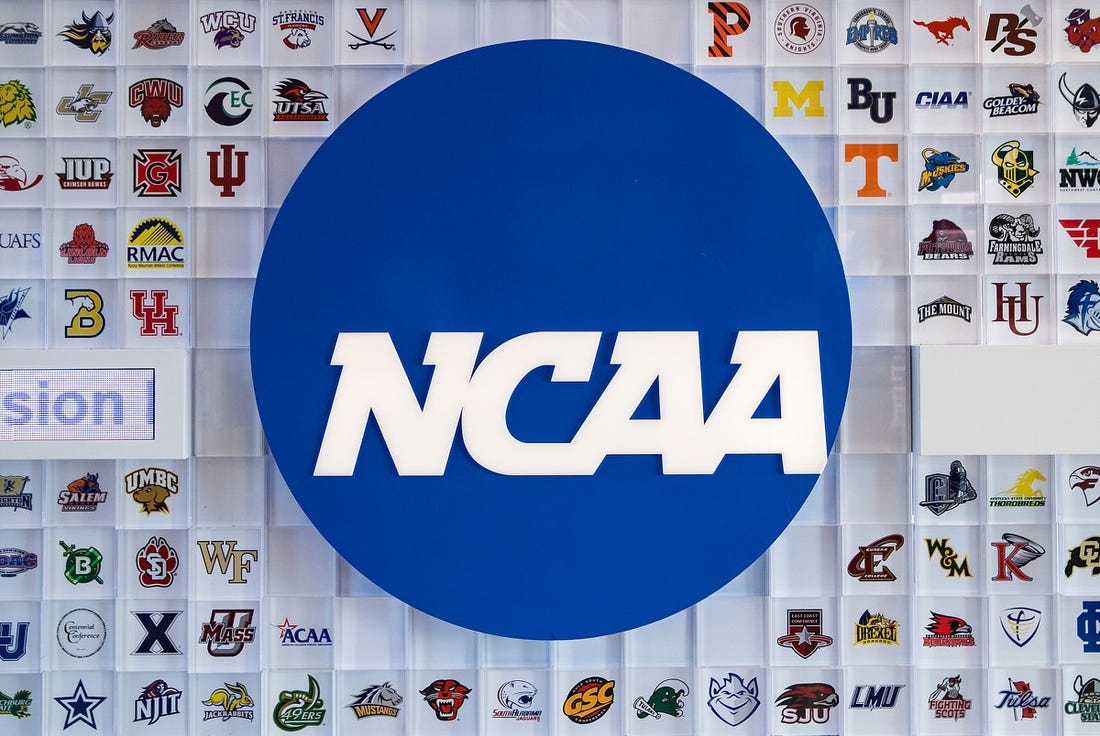The NCAA on Wednesday began notifying member schools that two-time transfers will be eligible to participate in their chosen sports, at least temporarily, and bypass the “year in residency” rule.
The change in policy came after a federal judge in Charleston, W. Va., issued a temporary 14-day restraining order against the NCAA, who were denying athletes the chance to compete at their new schools for one year upon second transfer.
The lawsuit was filed by the states of West Virginia, Colorado, Illinois, New York, North Carolina, Ohio and Tennessee and stated the requirement of two-time transfers to sit out a year violated antitrust law. The state of Ohio was at the forefront of the suit.
The decision applies to all student athletes under NCAA jurisdiction in the United States.
“As a result of today’s decision impacting Division I student-athletes, the Association will not enforce the year in residency requirement for multiple-time transfers and will begin notifying member schools,” the NCAA said in a statement to The Athletic.
One athlete immediately impacted is West Virginia men’s basketball player RaeQuan Battle, who transferred from Montana State after playing two seasons for the Big Sky school. Battle began his college career playing two seasons for Washington of the Pac-12.
He had applied for a waiver under the NCAA’s mental-health provision but was denied in late October. Wednesday’s ruling will potentially allow Battle to play Saturday when the Mountaineers play UMass in Springfield, Mass.
West Virginia would be happy to see Battle on the court as he averaged 17.7 points last season while leading Montana State to the NCAA Tournament.
“Very pleased our state-based coalition was able to achieve a temporary restraining order against the NCAA’s transfer rule,” West Virginia attorney general Patrick Morrisey posted on social media. “Big win for RaeQuan Battle!”
A second hearing will be heard when the restraining order expires in two weeks when a preliminary injunction potentially could be issued. That would keep athletes in question eligible until a potential trial takes place.
According to The Athletic’s report, Ohio attorney general Dave Yost said that at least 99 athletes had been denied a waiver to compete immediately upon a second transfer and that another 44 are awaiting a decision on a waiver.
–Field Level Media

